Decaf Drip Coffee: A Safe Journey from Bean to Cup

Decaf coffee is getting a bit of a bad press lately with the news that the FDA might bank Methylene Chloride which is used to in some decaf processing. It is surprising number of coffee brands use this chemical decaffeination processes including Methylene Chloride, the main ingredient in paint stripper, even though chemical free alternatives exist.
Decaf Drip only uses chemical free beans which reliable companies that use the Swiss Water process or a Ethyl Acetate (EA) Process. Which sounds like a chemical but it is not. It's a process using sugar cane.
Introduction to Decaffeinated Coffee
In the world of coffee, the demand for decaffeinated options has seen a significant upswing. Among the numerous methods of decaffeination, two stand out for their commitment to safety and flavor preservation: the Swiss Water Process and the Ethyl Acetate (EA) Decaf Process.
Understanding Decaffeination
What is Decaffeination?
Decaffeination is the process of removing caffeine from coffee beans. The objective is to reduce the caffeine content while retaining the bean's natural flavors and aromas. Over the years, various methods have been developed, but not all have prioritized consumer safety and environmental impact. This is where the Swiss Water Process and the EA Decaf Process shine, offering not just a cup of decaf but peace of mind.
The Importance of Safe Decaffeination Methods
Ensuring the safety of decaffeinated coffee involves using methods that eliminate the use of harmful chemicals, thus preserving the coffee's natural taste and aroma. The focus has shifted towards techniques that are both safe for consumers and less harmful to the environment.
The Swiss Water Process
Origins and Principles
Developed in the 1930s in Switzerland, the Swiss Water Process is a chemical-free method of decaffeinating coffee. It utilizes a unique combination of water, temperature, and time to gently remove caffeine from the beans.
The Decaffeination Process: Step by Step
The process begins with the green coffee extract (GCE), where coffee beans are brewed in hot water, releasing caffeine and other soluble substances. The solution is then filtered through activated carbon filters, trapping the caffeine molecules. The decaffeinated beans are reintroduced to the GCE to reabsorb their natural flavors.

Advantages of the Swiss Water Process
This method is 100% chemical-free, preserving the original flavor of the coffee bean. It is also environmentally friendly, using only renewable resources and producing minimal waste.
The Ethyl Acetate (EA) Decaf Process or the Sugar Cane Process
An Introduction to Ethyl Acetate
Ethyl Acetate, a compound found naturally in fruits, is used in the EA Decaf Process. This method is recognized for its ability to safely and effectively remove caffeine from coffee beans. In places like Columbia and Mexico where Sugar Cane is readily available this process creates a more robust economy and is a sustainable process. We only use EA process in our Phoenix Blend.
How the EA Process Works
Sugar cane ethyl acetate (E.A.) processing, also commonly referred to as natural decaffeinated, starts by fermenting molasses derived from sugar cane to create ethanol. This alcohol is then mixed with acetic acid, to create the compound ethyl acetate.

Benefits of Using Ethyl Acetate in Decaffeination
EA is a natural solvent, making it a safer alternative to synthetic chemicals. This method is also lauded for its ability to preserve the depth and complexity of the coffee's flavors.
Comparing the Swiss Water and EA Decaf Processes
Both methods prioritize safety and quality, offering health-conscious consumers a delicious alternative to regular coffee without compromising taste or safety. They are both certified and adhere to strict safety standards, ensuring the well-being of consumers.
Conclusion: The Future of Decaffeination
As demand for decaffeinated coffee grows, it's important to recognize and appreciate the innovation behind these decaffeination processes. The Swiss Water and EA Decaf Processes represent the pinnacle of decaffeination technology, offering a safe and flavorful cup of decaf for coffee lovers everywhere. Embrace the decaf movement without sacrificing taste or health, and let's give credit to the advances that make our brews both delicious and healthful.
No comments

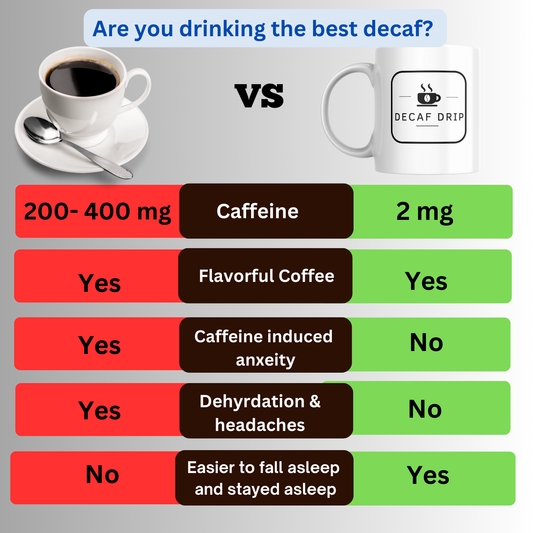
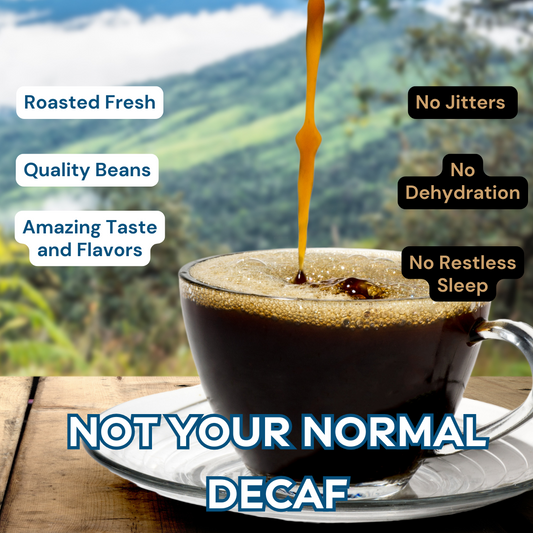

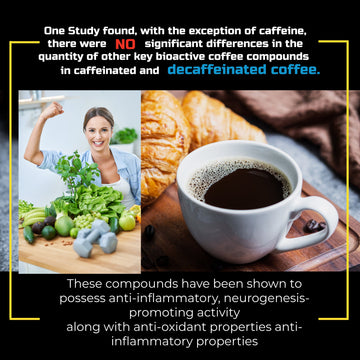

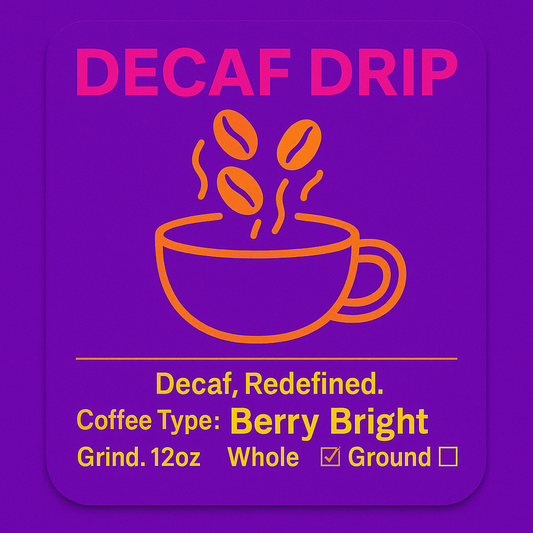
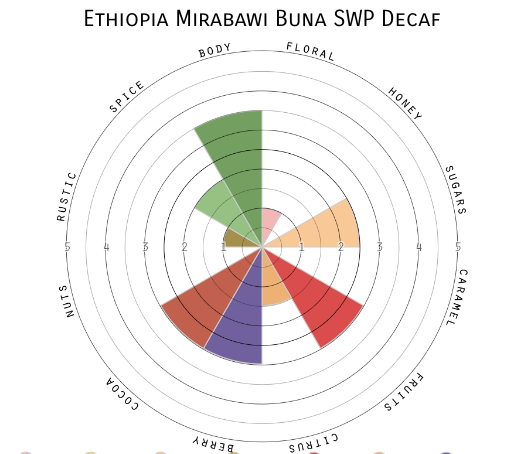


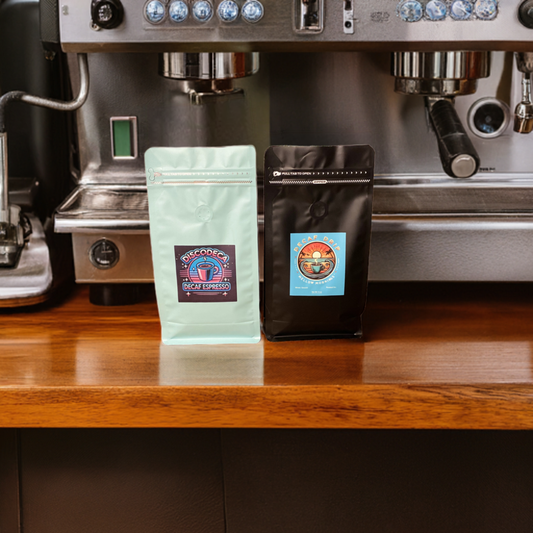
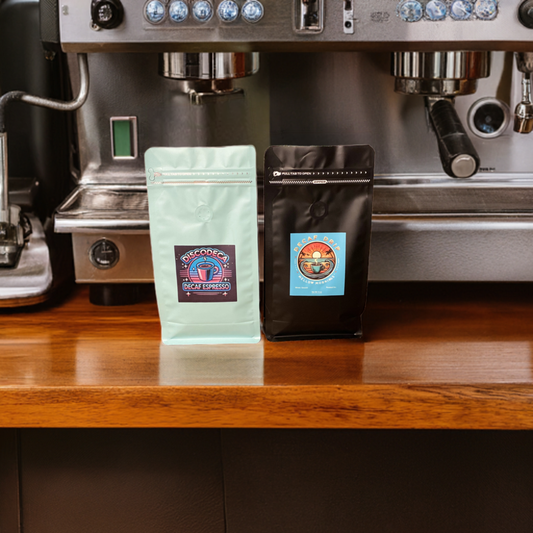
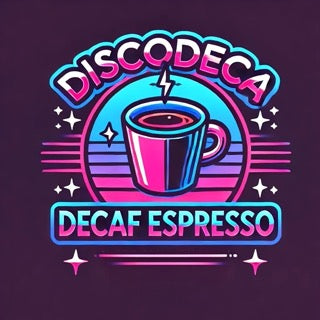


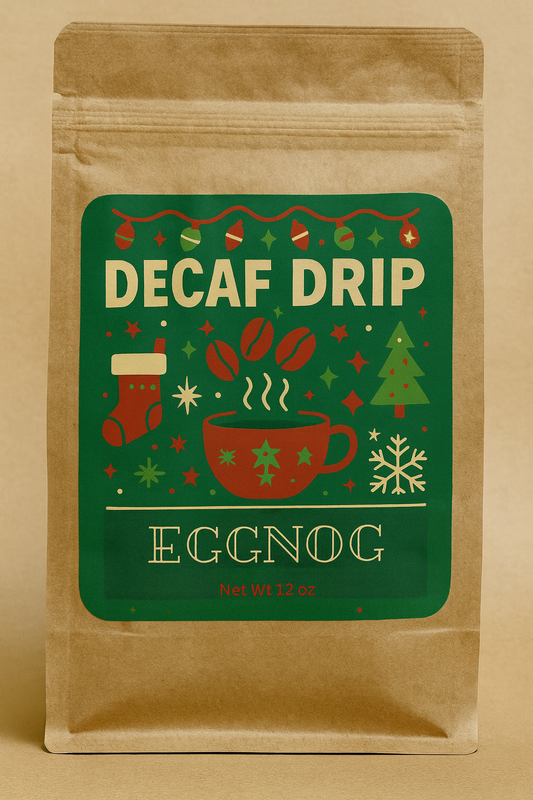




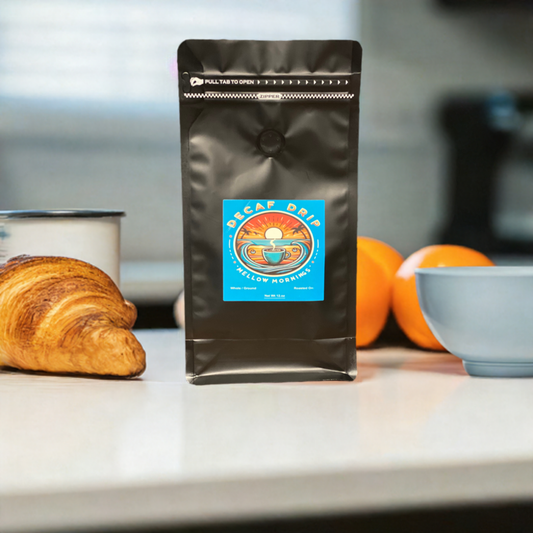
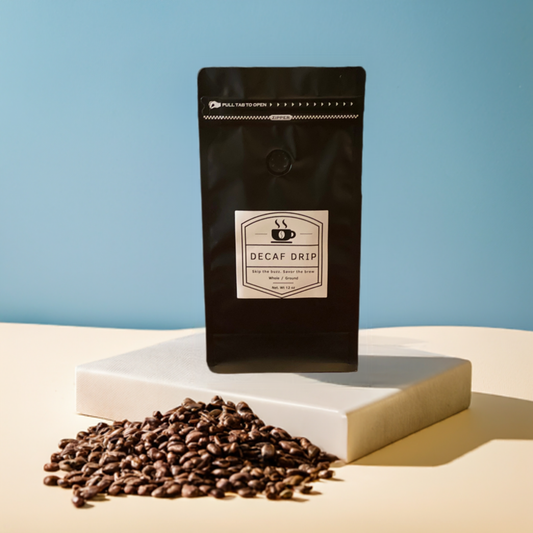
0 comments